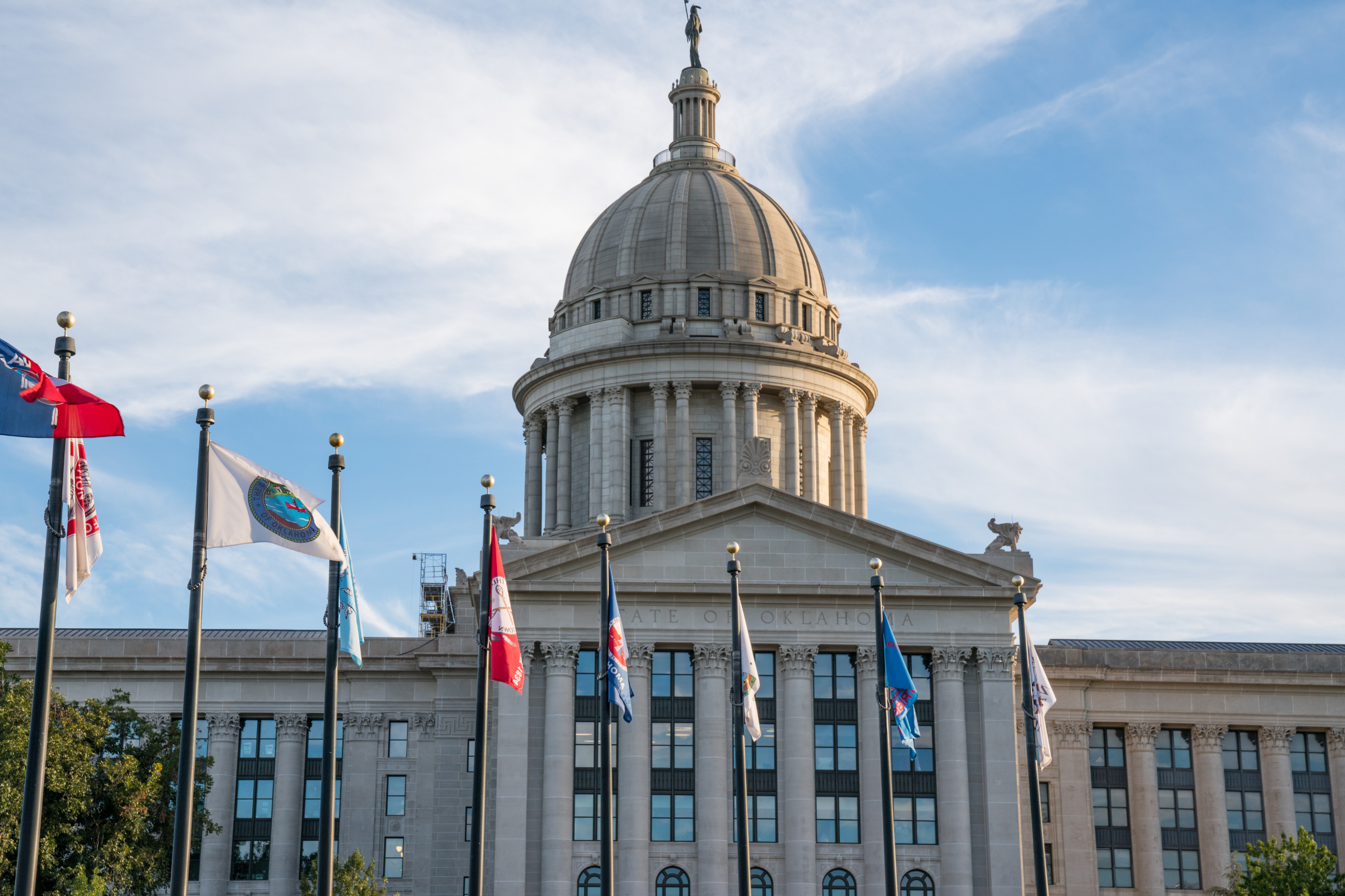
- Details
- By Darren Thompson
OKLAHOMA CITY— Oklahoma Governor Kevin Stitt, a citizen of the Cherokee Nation, vetoed a bill yesterday that would have allowed students to wear tribal regalia at school functions.
Senate Bill 429 passed the Oklahoma legislature last Monday, April 24, 90 to 1, and would have ensured Native students in all schools are allowed to wear tribal regalia at high school graduations and other ceremonies throughout the state.
“With this legislation, Governor Stitt had an opportunity to support religious freedom and families honoring their kids’ high school accomplishments,” Chuck Hoskin Jr., Principal Chief of the Cherokee Nation of Oklahoma, told Native News Online. “Instead, he’s chosen more division and insults to his Native American constituents.”
Tell Us What You Think
Stitt wrote of his decision that if the bill became law, it would open up additional efforts by other groups to push for their agendas.
“Should this bill become law, the proverbial Pandora’s box will be opened for other groups to go over the heads of local superintendents and demand special favor to wear whatever they please at a formal ceremony,” Stitt wrote in his veto message.
Stitt added that the decision to allow students to wear traditional items such as eagle feathers or regalia rests with local school districts and not the state government.
“To be clear, Oklahoma law protects the right of Native American students to wear tribal regalia and other culturally significant items during graduation ceremonies,” Hoskin said. “This bill would have simply made those rights more clear so public school administrators do not mistakenly violate them. That’s why the Legislature approved this bill, along with other bills supported by tribes, with nearly unanimous, bipartisan votes.”
Choctaw Nation of Oklahoma Chief Gary Batton also issued the following statement regarding Stitt’s veto of SB 429.
“This bill, which would have allowed all Native American students in Oklahoma to wear tribal regalia at school ceremonies, is not controversial. It allows the students to honor their native culture and traditions. In fact, only one member of the Legislature voted against it,” Batton said. “This is a popular, common-sense measure with no costs for the state or schools. We hope the House and the Senate will quickly override the veto to provide more freedom for Oklahoma students who want to honor their heritage.”
According to the Oklahoma State Department of Education (OSDE), in 2020, there were approximately 156,000 American Indian students who were enrolled in at least one of the 39 Tribal Nations of Oklahoma.
More Stories Like This
Native News Weekly (August 25, 2024): D.C. BriefsZuni Youth Enrichment Project Announces Family Engagement Night and Spring Break Youth Programming
Next on Native Bidaské: Leonard Peltier Reflects on His First Year After Prison
Deb Haaland Rolls Out Affordability Agenda in Albuquerque
Boys & Girls Clubs and BIE MOU Signing at National Days of Advocacy
Help us defend tribal sovereignty.
At Native News Online, our mission is rooted in telling the stories that strengthen sovereignty and uplift Indigenous voices — not just at year’s end, but every single day.
Because of your generosity last year, we were able to keep our reporters on the ground in tribal communities, at national gatherings and in the halls of Congress — covering the issues that matter most to Indian Country: sovereignty, culture, education, health and economic opportunity.
That support sustained us through a tough year in 2025. Now, as we look to the year ahead, we need your help right now to ensure warrior journalism remains strong — reporting that defends tribal sovereignty, amplifies Native truth, and holds power accountable.
 The stakes couldn't be higher. Your support keeps Native voices heard, Native stories told and Native sovereignty defended.
The stakes couldn't be higher. Your support keeps Native voices heard, Native stories told and Native sovereignty defended.
Stand with Warrior Journalism today.
Levi Rickert (Potawatomi), Editor & Publisher
